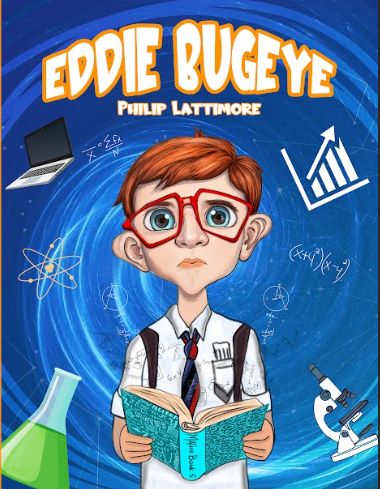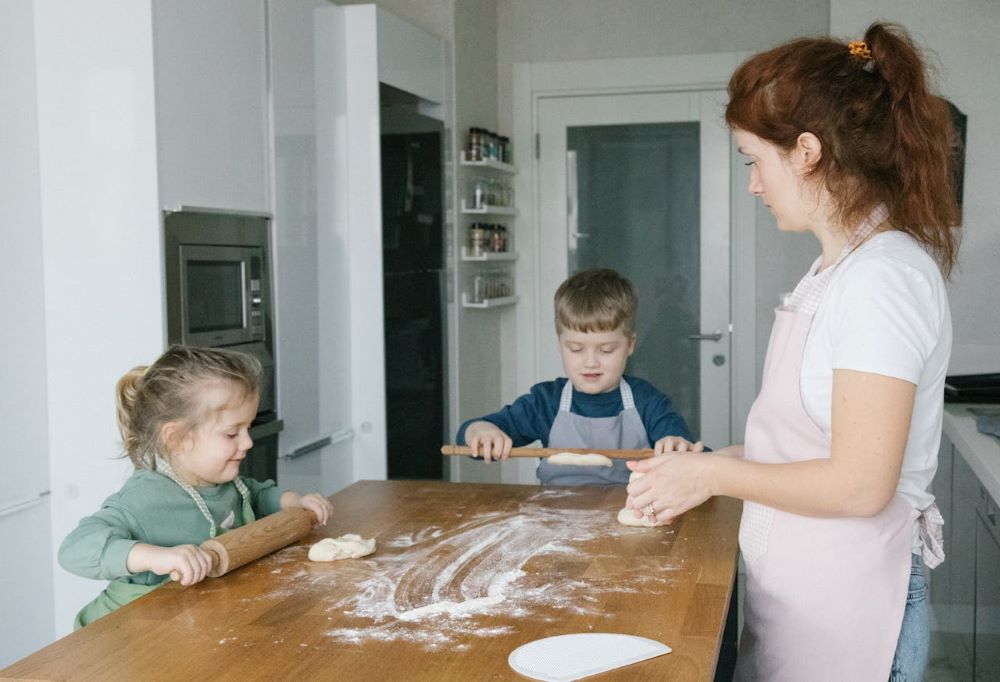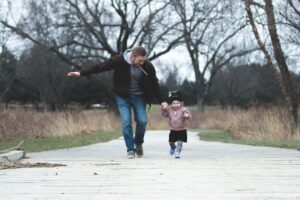As parents and educators, one of the most important gifts we can give children is the ability to take responsibility for their actions. Teaching kids responsibility is not just about managing chores or homework; it’s about instilling the values and skills that will serve them throughout their lives.
Here’s how we can help them build a strong foundation.
Why Teaching Responsibility Matters
Responsibility teaches kids the importance of accountability. It shows them that their choices have consequences, whether positive or negative. Kids who learn responsibility at a young age develop strong character, and the skills they acquire will help them navigate the challenges of adulthood. They’ll become more reliable, trustworthy, and independent.
Start with Small Tasks
To teach kids responsibility, start small. Begin with age-appropriate chores like setting the table, cleaning their room, or feeding a pet. These tasks may seem simple, but they are key to understanding the concept of responsibility. Gradually increase the difficulty as they grow, adding more complex duties such as helping with grocery shopping or organizing family schedules.
Make Responsibility a Routine
Consistency is important. Make responsibility part of their daily routine, and don’t give up when they initially resist. Children thrive on structure, and knowing what is expected of them each day helps them feel secure. Regular tasks like tidying up after meals or completing school assignments at a set time create a sense of routine and discipline.
Encourage Ownership
Let kids feel that they are in control of their responsibilities. Instead of simply telling them what to do, involve them in the process. Ask them to plan what they need to accomplish or let them decide on the best way to complete a task. This encourages critical thinking and decision-making, essential skills for adulthood.
Teach Consequences, Not Punishment
When kids don’t meet their responsibilities, it’s important to focus on consequences, not punishment. If they forget to complete their chores, explain how it affects others and find a way to help them make it right. This approach teaches them that responsibility isn’t about avoiding trouble; it’s about making good choices.
Lead by Example
Children learn by observing their parents and caregivers. Show them what responsibility looks like in your own life. Whether it’s fulfilling your work commitments, managing your time, or taking care of your personal responsibilities, model the behavior you want them to adopt.

A Lifelong Skill
Teaching kids responsibility is about preparing them for the future. It’s about giving them the tools to succeed, build strong relationships, and contribute positively to their communities. As kids develop these skills, they grow into adults who can handle life’s challenges with confidence.
If you’re looking for an engaging way to teach kids responsibility, the book Eddie Bugeye by Philip Lattimore is a great choice. Eddie Bugeye follows the story of Eddie Givens, a bright young boy bullied for his unique appearance, earning the nickname “Bug-eye.” Despite his struggles, Eddie’s life changes when he enrolls in the In Loving Care School, where he forms new friendships and becomes a community hero. Order now!




